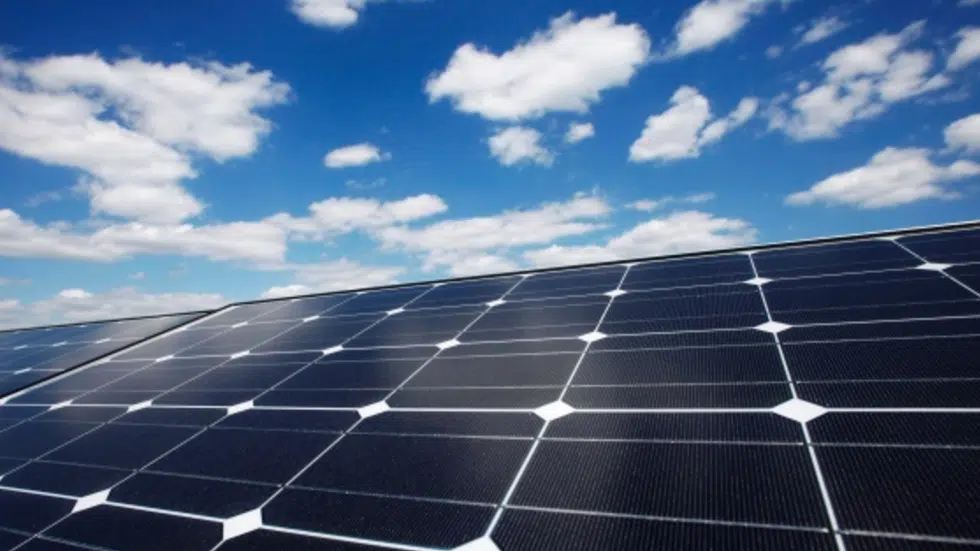
Planning a renewable energy future for First Nations communities
The technology of renewable energy production is now well-established, but many argue not the wider political will to put it to work – especially in remote First Nations communities.
This from Greg Poelzer, a faculty member at the University of Saskatchewan’s School of Environment and Sustainability who is touring the province to try to change that.
“We’re looking at formalizing, as we say somewhat tongue-in-cheek, a ‘coalition of the willing’ in terms of First Nations, Metis, municipalities, industry, researchers and international partners …to help communities participate [in renewable energy production],” Poelzer said.
He’s working with players like SaskPower, engineering firms, as well as experts from Alaska, Finland and Norway to create more projects in remote communities.


